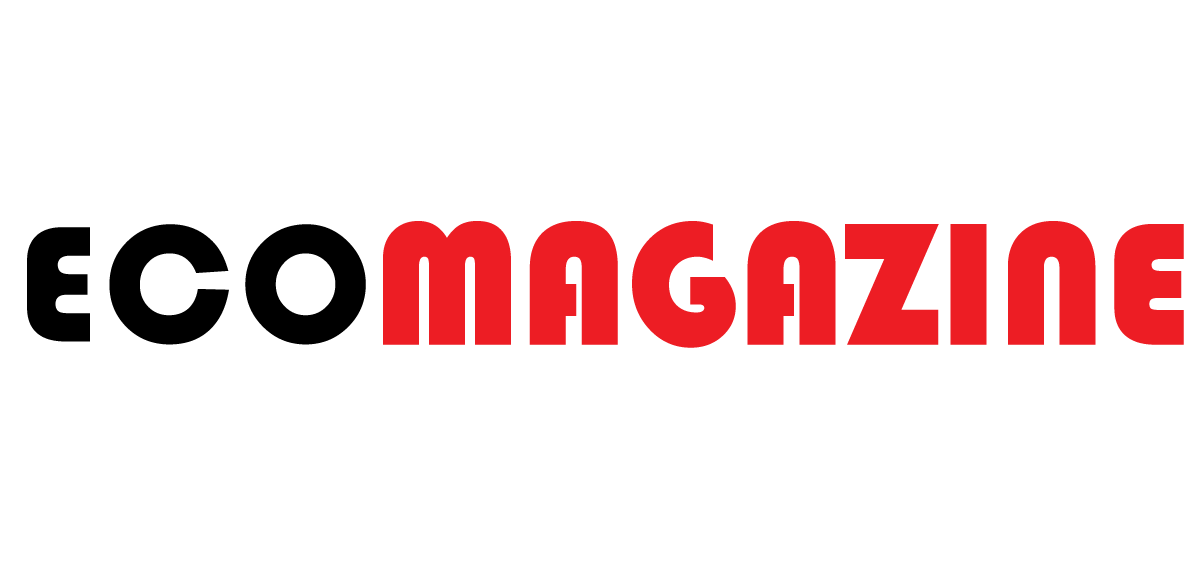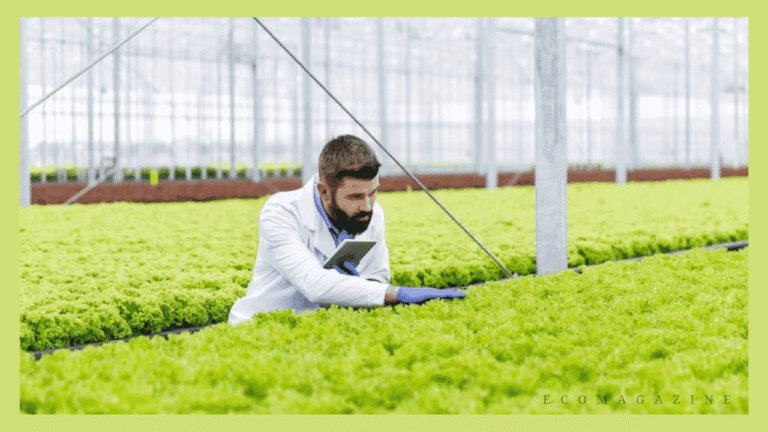The agricultural industry is undergoing a transformation with the introduction of cutting-edge technologies like the Internet of Things (IoT). IoT is fundamentally changing how farmers operate, offering them new ways to increase efficiency, reduce waste, and improve yields. A significant part of this revolution is driven by companies like Myriota. Which provides advanced satellite IoT solutions tailored for various agricultural needs. By implementing these technologies, farmers can monitor their crops, soil, and climate conditions remotely. Which is vital for maximizing productivity and ensuring sustainability.
One of the foremost applications of IoT in agriculture is the enhancement of crop management. With IoT devices, farmers receive real-time updates regarding their crop’s health and growth conditions. This constant stream of data enables them to make informed decisions on when to plant, irrigate, and harvest, ultimately improving crop yield and quality.
Precision Agriculture
Precision agriculture is another significant development facilitated by IoT. This approach focuses on using detailed and specific information to manage farming operations, often down to individual plants. IoT sensors positioned across fields collect data on moisture levels, soil conditions, and even pest activity. By analysing this data, farmers can implement precise interventions. Such as targeted irrigation and pesticide application, reducing resource use and minimising environmental impact.
Remote Monitoring and Control
IoT technologies allow for remote monitoring and control over various farming activities. Farmers can use smart devices to track equipment and machinery conditions. Ensuring they operate efficiently and do not sustain unexpected damage. This remote capability extends to livestock management as well, where IoT devices can monitor the health and movements of animals, alerting farmers to any potential issues.
Water Management
Effective water management is crucial in agriculture, and IoT plays an integral role in optimising its use. Smart irrigation systems, powered by IoT, can assess soil moisture in real-time and automatically adjust watering schedules to suit the crop’s needs, thus conserving water and improving efficiency. This leads to both economic and environmental benefits, as water resources are used more sustainably.
Climate Monitoring
Climate has always been a determining factor in agricultural productivity. IoT provides the tools necessary to monitor and understand weather patterns with precision. With IoT devices installed across fields, data on temperature, humidity, wind speed, and other climatic conditions are collected and analysed to forecast weather patterns and adjustments in farming practices can be made accordingly.
Soil Health Analysis
Maintaining soil health is fundamental to successful farming, and IoT enables detailed soil analysis. Sensors can provide data on nutrient levels, pH, and other critical soil health indicators. By accessing this information, farmers can make more accurate decisions regarding fertiliser use and crop rotation, encouraging sustainable farming practices that maintain or improve soil fertility.
Pest and Disease Control
IoT also contributes significantly to pest and disease control. Through continuous monitoring of crops with IoT devices, early signs of pests or diseases can be detected, allowing for prompt intervention. This preventative approach reduces the need for widespread pesticide use, lowering costs and minimising the impact on the environment.
Supply Chain Optimisation
Iot devices not only improve farm operations but also enhance supply chain logistics. By tracking produce from field to store, IoT ensures that products are routed efficiently, maintaining freshness and reducing spoilage. Enhanced traceability also allows consumers to have more confidence in the origin and safety of their food.
Challenges and Considerations
While the benefits of IoT in agriculture are clear, there are challenges to consider. The cost of deploying IoT technology infrastructure is a significant barrier for small farmers. Additionally, data security and privacy concerns need to be addressed, as large volumes of sensitive information are collected and stored.
Future Prospects
The future of IoT in agriculture is promising, with ongoing advancements expected to offer even more sophisticated solutions. Continuous development in IoT technology will likely lead to more affordable and accessible devices, ensuring that farmers of all sizes can benefit from these innovations. As IoT becomes increasingly entrenched in agriculture, its role in driving sustainability and productivity will only become more critical.
In conclusion, the implementation of IoT in agriculture marks a new era of farming, where data-driven decisions lead to more efficient and sustainable practices. Companies like Myriota are at the forefront of this transformation, providing the tools necessary to harness the power of satellite IoT for smarter agriculture.


